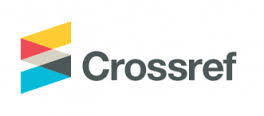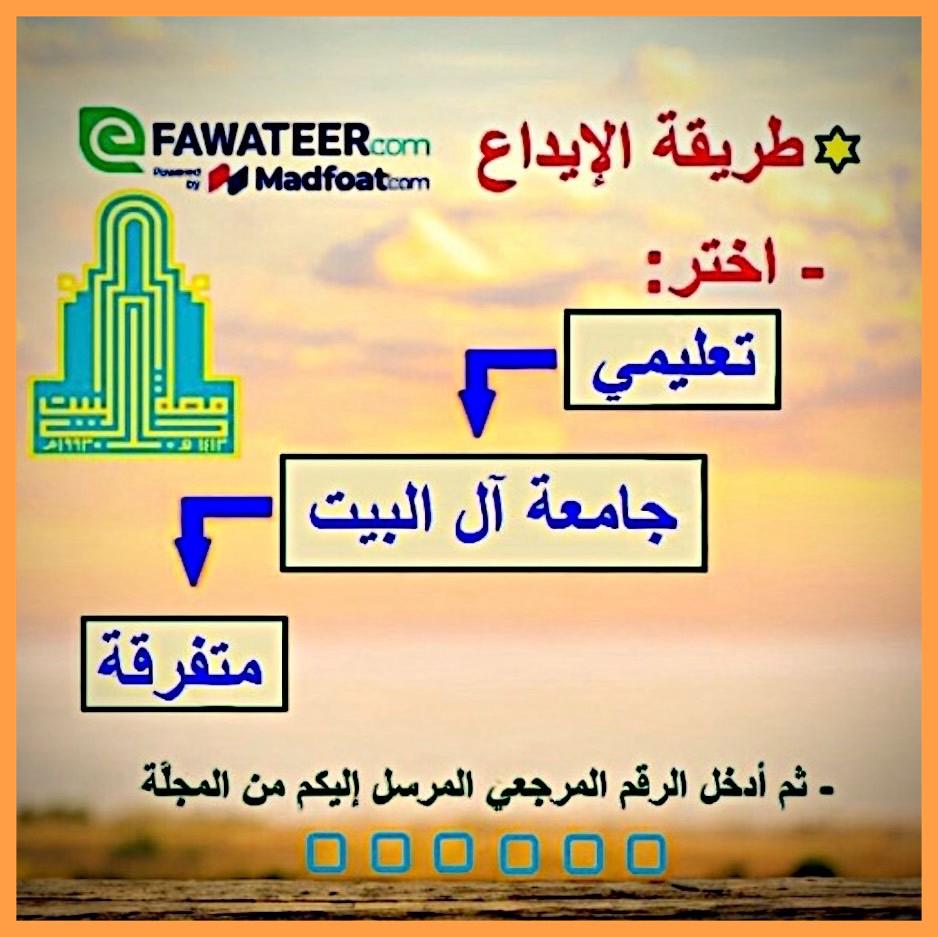The Effect of Using Modeling on the 3rd Grade Students' Achievement in Science in Irbid Governorate
DOI:
https://doi.org/10.59759/educational.v3i4.804Keywords:
Model, Achievement, Third Grade, ScienceAbstract
This study aimed at investigating the effect of using
modeling on third grade students’ achievement in Science in Irbic Governorate. To achieve this, the study followed quasi-experimental design. The sample of the study consisted of (69) male and female students who were distributel into two groups: control group which included (34) and experimental group which included (35) students from two different sections of third grade in Kufr Asad Mixed Primary School in the academic year (2023-2024). The experimental group was taught “Organisms” Unit by using modeling, while the control group was taught the same content using the conventional method. The results of the study revealed that there were statistically significant differences between the mean scores of both groups in the achievement test and in favour of the experimental group. The study recommended using modeling in teaching science.
Downloads
References
Hoskinson, A., Couch, B., Zwickl, B., Hinko, K. & Caballero, M. (2014). Bridging physics and biology teaching through modeling. American Journal of Physics, 82, 434-441.
Megalakaki, O. & Tiberghien, A. (2013) Qualitative Approach of Modelling Activities for the Notion of Energy; Electronic Journal of Research in Educational Psychology, 9 (1), 157-182.
National Research Council (2012). A Framework for K-12 Science Education: Practices, Crosscutting Concepts, and Core Ideas. Washington, DC: National Academies Press.
Poštič, S (2015). Influence of Cartoon Network on the Acguisition of American English During Childhood. Institute of Foreign Languages, Vilnius University, Vilnius-Lietuva.
Putica, K. & Trivic, D. (2016).Cognitive Apprenticeship as a Vehicle for Enhancing the Understanding and Functionalization of Organic Chemistry Knowledge Chemistry, Education Research and Practice, 17 (1), 172-196.


